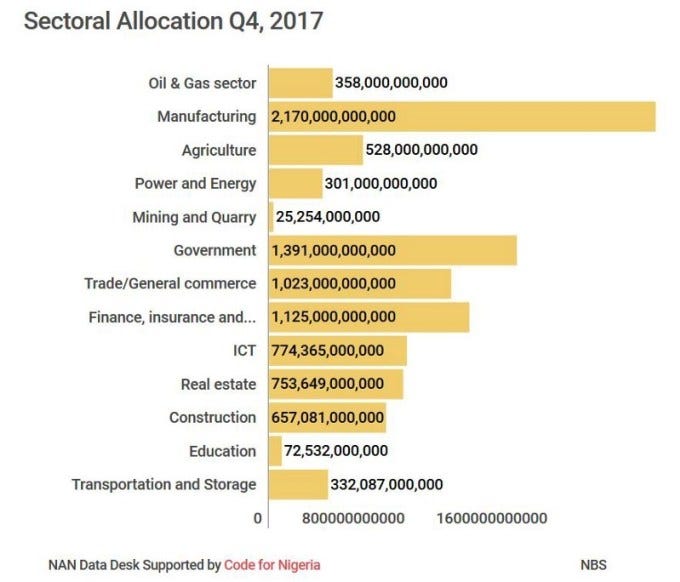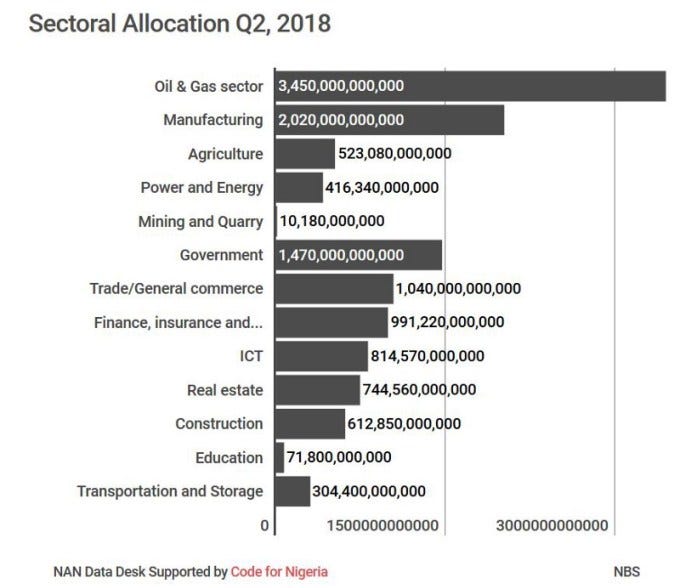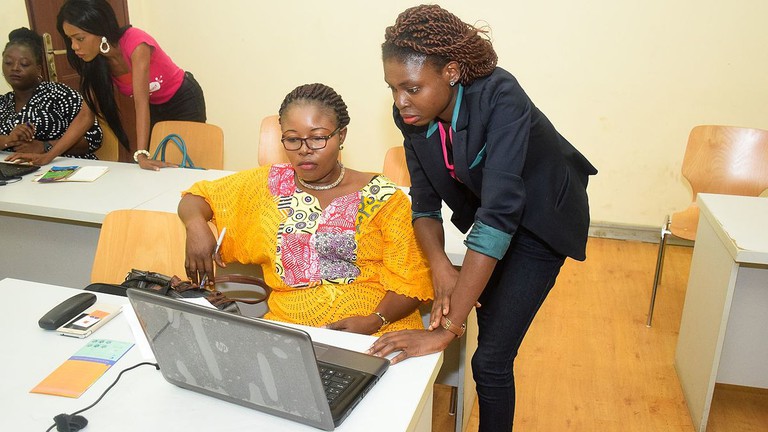Startups In Nigeria Banned By SEC Get Option B: Regulatory Incubation
If the latest restrictions introduced by Securities and Exchange Commission (SEC), which regulates investments and capital markets in Nigeria, have put your startup’s activities on hold, there is a new method to get out of the quagmire. The Securities and Exchange Commission (SEC) has stated that the SEC Regulatory Incubation (RI) program for FinTechs existing or wanting to operate in Nigeria’s capital market would start in the third quarter of 2021

SEC says the Regulatory Incubation (RI) program is designed to meet the demands of innovative business models and processes that require regulatory approval in order to continue conducting full or auxiliary technology-driven Capital Market operations. As a result, the RI Program was created as a stopgap solution to help the creation of appropriate regulation that allows FinTech innovation without jeopardizing market integrity and within limitations that safeguard investors.
“The RI Program will be launched in the third quarter of 2021 and will operate by admitting identified Fintech business models and processes in cohorts for a one-year period. Participation in the RI program will encompass an Initial Assessment Phase and the Regulatory Incubation Phase. The categories to be admitted into each cohort will be determined based on submissions received through the FinTech Assessment Form and communicated ahead of each take-off date. Review of completed Fintech Assessment Forms will continue on an ongoing basis. FinTechs who consider that there is no specific regulation governing their business models or who require clarity on the appropriate regulatory regime for seeking the authorisation of the Commission, are encouraged to complete the Fintech Assessment Form,” SEC states.
How Does A Startup Qualify For The Program?
According to SEC, to qualify to be admitted into the incubation program, an applicant shall:
- Be using innovative technology to offer a new type of product or service, or applying innovative Fintech to an existing product or service SEC Regulatory Incubation.
- Be ready to take-off with live customers and operate within the purview of the SEC Regulatory Framework.
- Commit to applying for registration as soon as Rules are provided by the Commission.
- Complete the FinTech Assessment Form and discuss the proposal with the Commission at an early stage.
- The business shall involve an activity that, if carried on in or from Nigeria, is a financial service (i.e. it is within the scope of the activities that the Commission regulates).
- The product or service shall be one that addresses a problem (compliance or supervision) or brings potential benefits to consumers or industry Applicant shall ensure that the product is safe for investors.
- The business must also have an office in Nigeria and some of the promoters must be deemed fit and possess relevant skills in financial services and/or technology.
What Are Startups Admitted Into The Program Restricted From Doing?
A fintech startup admitted into the program is restricted from.
- Conducting any other investment business except as presented to the Commission;
- Running financial promotions which guarantee returns. These include any notice, circular, letter or other written or electronic medium of communication addressed to any person;
- Providing information containing any untrue or misleading statement;
- Having the capacity to on-board a maximum of 100 clients who shall be fully informed of the service or product prior to onboarding. However, subject to the Commission’s appraisal and approval, the firm may on-board additional clients if the need arises. Firms that are already in operation shall maintain their existing clients and cease on-boarding new ones;
- The fintech startups shall also be under regulatory incubation only for a maximum period of one-year after which shall apply for registration if found eligible or discontinue the activity.
How Long Does The Incubation Period Last?
The SEC says that the length of the incubation period for admitted startups is twelve (12) months, except where an extension is granted. The SEC does point out, however, that the company can opt out of the regulatory incubation process at any moment if it can no longer satisfy the standards by informing the Commission and ceasing to function.
Read also:Nigerian eHealth Startup Helium Health Expands To Kenya
How Much Does Admission Into The Incubation Program Cost?
SEC states that the official processing fee is ₦200,000 ($490 as at June 18, 2021).
How Long Does It Take To Obtain Admission Into The Incubation Program?
It takes at least twenty (20) working days after submission of application, to get an admission or rejection letter from SEC.
To access the application forms and other details click here.
Nigeria SEC regulatory incubation Nigeria SEC regulatory incubation
Charles Rapulu Udoh

Charles Rapulu Udoh is a Lagos-based lawyer who has advised startups across Africa on issues such as startup funding (Venture Capital, Debt financing, private equity, angel investing etc), taxation, strategies, etc. He also has special focus on the protection of business or brands’ intellectual property rights ( such as trademark, patent or design) across Africa and other foreign jurisdictions.
He is well versed on issues of ESG (sustainability), media and entertainment law, corporate finance and governance.
He is also an award-winning write







